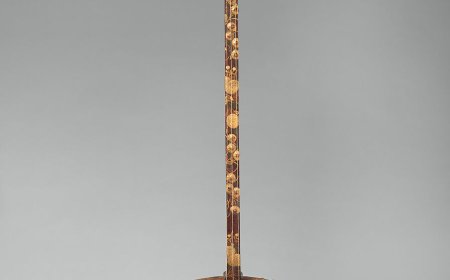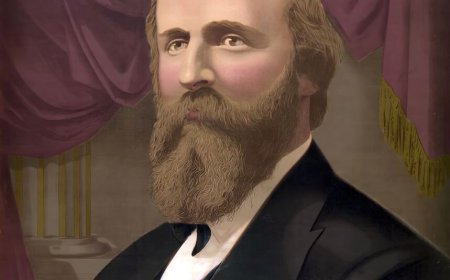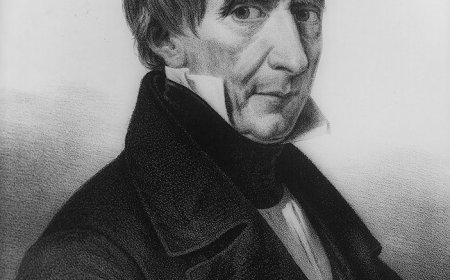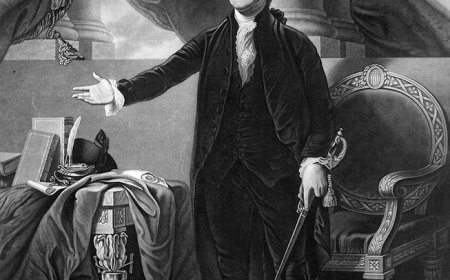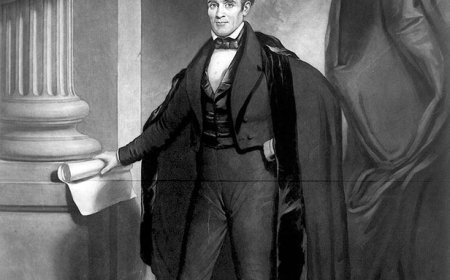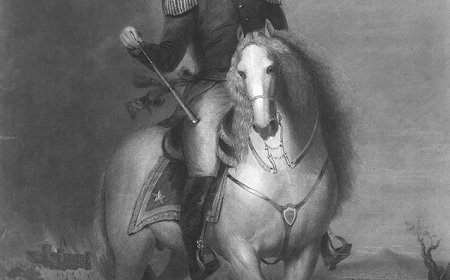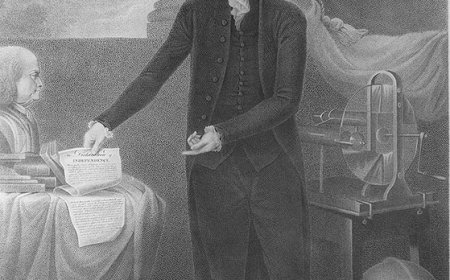Benjamin Harrison Biography for Students | Tariffs, Technology, and the American Flag
Explore the life of Benjamin Harrison, the 23rd President of the United States. Learn about his support for veterans, economic policy, and role in expanding the U.S. flag and Navy—plus vocabulary, fun facts, a quiz, and a kid-friendly summary.
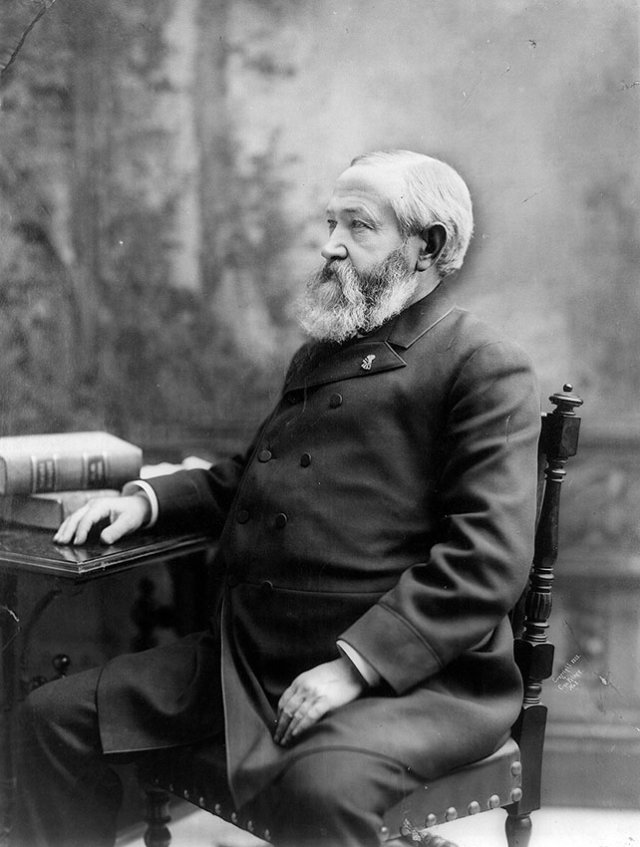
🇺🇸 Benjamin Harrison Biography for Students | Tariffs, Technology, and the American Flag
🧭 Introduction
Benjamin Harrison was the 23rd President of the United States, serving from 1889 to 1893. He was the grandson of William Henry Harrison, the 9th president, making them the only grandfather-grandson pair to both serve as president. Harrison is known for expanding the number of states in the Union, strengthening the U.S. Navy, and signing the Sherman Antitrust Act, which aimed to reduce unfair business practices. His presidency was a time of economic change, innovation, and growing government activity.
👶 Early Life and Education
Benjamin Harrison was born on August 20, 1833, in North Bend, Ohio, on the same farm where his grandfather once lived. He grew up in a well-known political family and was taught the importance of service and hard work.
He attended Miami University in Ohio, where he studied law and became a skilled speaker and writer. After college, he moved to Indianapolis, Indiana, where he worked as a lawyer and became involved in politics.
🏛 Military and Political Career Before Presidency
Harrison served as a Union general in the Civil War, earning respect for his bravery and leadership. After the war, he returned to law but remained active in the Republican Party.
Before becoming president, Harrison served as:
- U.S. Senator from Indiana
- Lawyer and political speaker
- Supporter of veterans and Civil War pensioners
He lost a close race for governor of Indiana but stayed popular among Republicans and was nominated for president in 1888.
🇺🇸 Presidency Overview (1889–1893)
Harrison defeated Grover Cleveland in the 1888 election, even though he lost the popular vote. He became president with the help of the Electoral College.
His presidency focused on:
- Tariffs (taxes on imports)
- Veterans’ pensions
- Civil rights legislation (though it didn’t pass)
- Modernizing the Navy and government
- Admitting six new states to the Union
Harrison was known for being quiet, intelligent, and deeply religious. He didn’t enjoy the spotlight but worked hard behind the scenes.
⚖️ Economic Policies and Tariffs
The biggest economic issue during Harrison’s presidency was tariffs. He signed the McKinley Tariff Act of 1890, which:
- Raised taxes on imported goods to protect American businesses
- Made some everyday items more expensive
- Led to a surplus in government money, which was used to increase pensions and spending
Many people felt the prices were too high, and the tariff law became unpopular, especially among farmers.
📜 Key Laws and Actions
Harrison’s administration passed or supported important laws, including:
- Sherman Antitrust Act (1890): First law to fight monopolies and protect competition in business
- Dependent and Disability Pension Act: Gave more financial help to Civil War veterans and their families
- Efforts to pass civil rights laws, including protections for Black voting rights, though they failed in the Senate
- Supported expanding civil service reform, though not as strongly as some expected
Harrison believed the government should help those who served the country, especially Union veterans.
🏳️ Expansion of the U.S. Flag and States
One of the most memorable parts of Harrison’s presidency was the addition of six new states to the Union:
- North Dakota
- South Dakota
- Montana
- Washington
- Idaho
- Wyoming
This increased the number of states from 38 to 44. Harrison added six stars to the American flag and ordered that the flag be flown at all public buildings, a tradition still followed today.
⚓ Technology and Modernization
Harrison’s presidency was marked by technological advancements. He was the first president to:
- Use electricity in the White House (though he was too nervous to touch the light switches)
- Use a typewriter for official documents
- Promote the building of modern steel Navy ships, strengthening U.S. defense
These changes showed that the United States was entering a new industrial age.
🌍 Foreign Policy and Global Relations
Harrison focused on expanding American influence in peaceful ways. He:
- Held the First Pan-American Conference to promote trade with Latin America
- Protected American interests in Hawaii, Chile, and other regions
- Supported a strong Navy to defend U.S. interests overseas
He believed the U.S. should be a strong but fair leader on the world stage.
🧾 Legacy and Historical Impact
Benjamin Harrison’s presidency is often seen as a time of growth and modernization, but also controversy over economic issues. His legacy includes:
- Expanding the Union with six new states
- Supporting business regulation with the Sherman Antitrust Act
- Promoting technology, veterans’ support, and patriotic values
He lost re-election in 1892 to Grover Cleveland, who returned for a second (non-consecutive) term.
👨👩👧 Personal Life and Family
Harrison married Caroline Lavinia Scott, and they had two children. After her death, he later married her niece, Mary Scott Lord Dimmick. Harrison was known for his quiet dignity, love of books, and deep Christian faith.
He died on March 13, 1901, in Indianapolis at age 67.
💬 Famous Quotes
“Great lives never go out; they go on.”
—Harrison believed in the lasting power of good leadership.
“The bud of victory is in the truth.”
—He believed honesty and justice led to success.
💡 Interesting Facts About Benjamin Harrison
- He was the grandson of a president (William Henry Harrison).
- He was the last president to wear a beard.
- Six new stars were added to the American flag during his term.
- He had electric lights installed in the White House but was afraid to use them.
- He gave over 140 speeches in 30 days during one campaign—an early "whistle-stop" tour.
📚 Vocabulary Words
| Word | Definition |
|---|---|
| Tariff | A tax on goods brought into the country from abroad |
| Monopoly | When one company controls an entire market, with no competition |
| Antitrust | A law or action that prevents unfair business control or monopolies |
| Surplus | Extra money collected by the government |
| Annexation | Adding new land or territory to a country |
👧 Kid-Friendly Summary
Benjamin Harrison was the 23rd president of the United States. He was the grandson of another president, and he worked hard to make the country stronger. He added six new states to the U.S. and added new stars to the American flag. He supported veterans, wanted fair business laws, and helped bring electricity and new technology to the White House. Even though some of his economic ideas were unpopular, he was a leader during a time of big changes and modern growth.
✅ Interactive Quiz
Q1: What number president was Benjamin Harrison?
A. 22nd
B. 23rd ✅
C. 24th
D. 25th
Q2: How many new states were added during his presidency?
A. 2
B. 4
C. 6 ✅
D. 8
Q3: What law did Harrison sign to stop unfair business practices?
A. Monroe Doctrine
B. Sherman Antitrust Act ✅
C. Homestead Act
D. Missouri Compromise
Q4: What new technology did Harrison use in the White House?
A. Radio
B. Television
C. Electricity ✅
D. Internet
Q5: Who was Harrison’s famous grandfather?
A. George Washington
B. John Adams
C. William Henry Harrison ✅
D. Thomas Jefferson
Scoring:
5/5 = ⭐ Harrison Hero
3–4 = 👍 Great Effort
1–2 = 📘 Time to Review





























